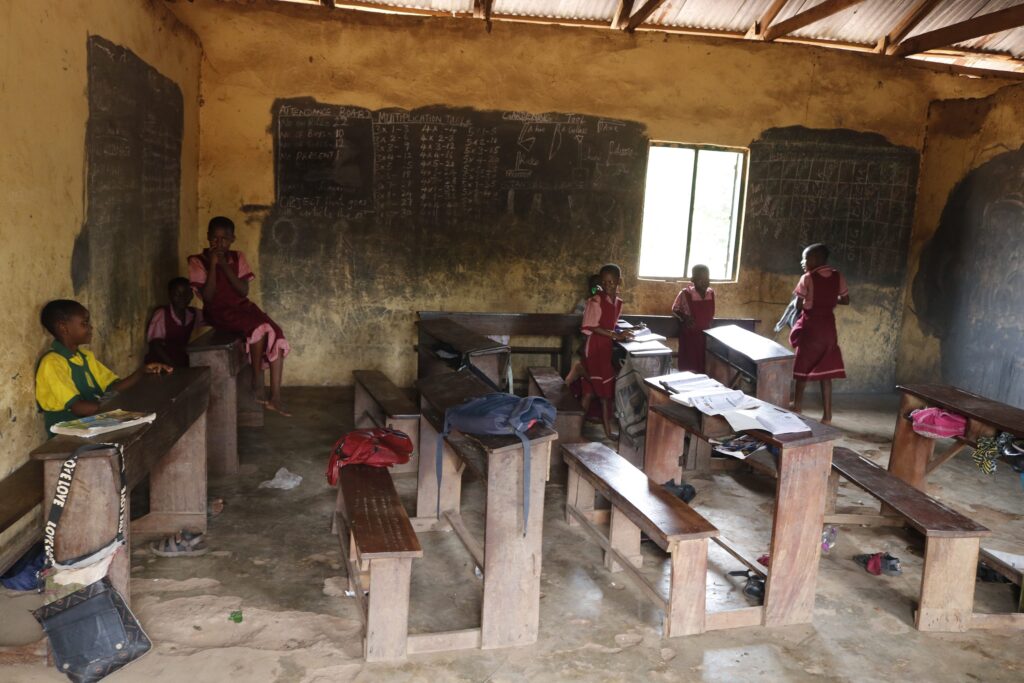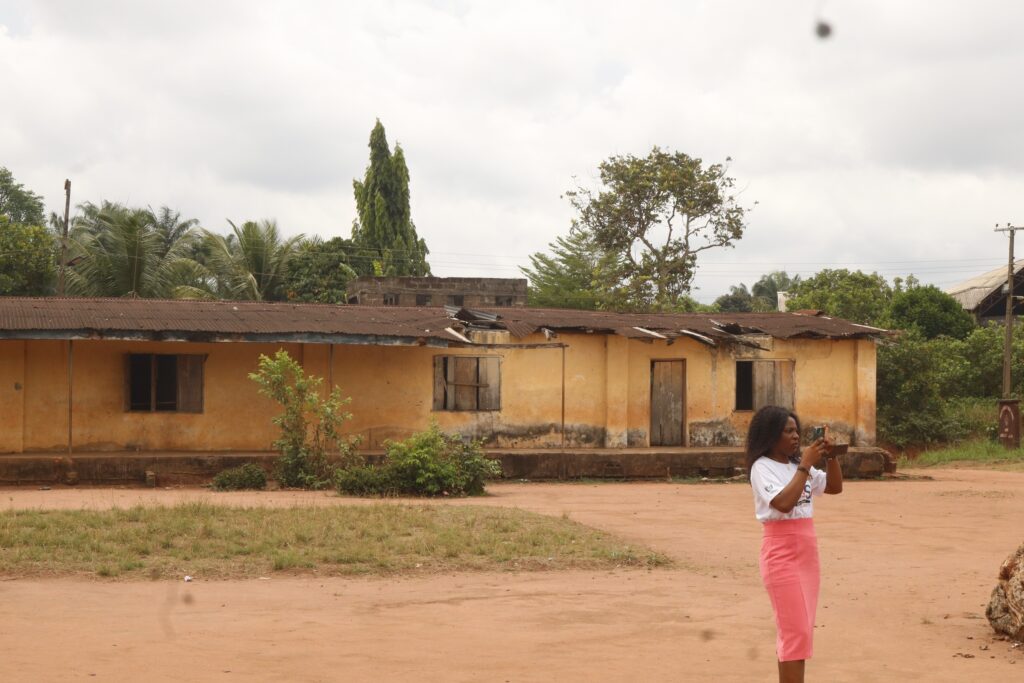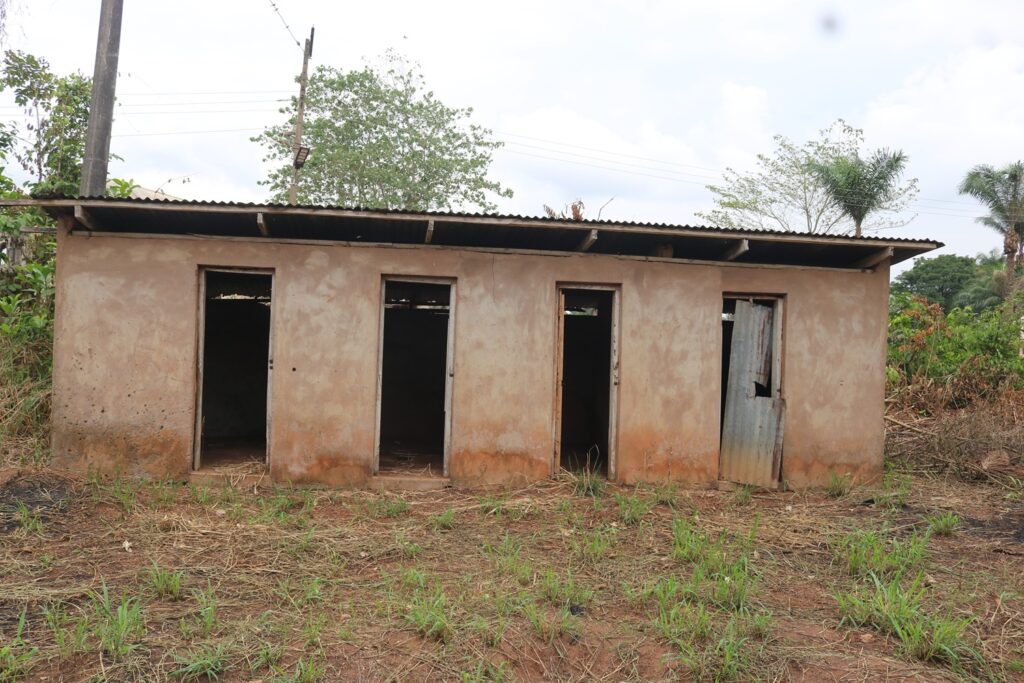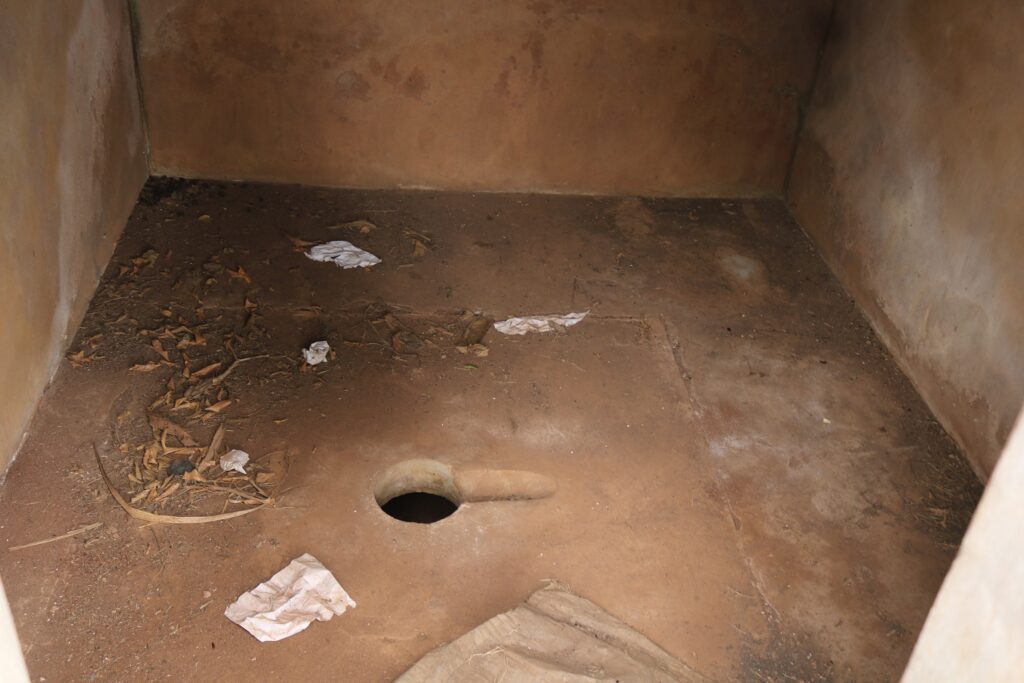Education remains a foundational pillar for societal development, yet the condition of many primary schools in rural Nigeria paints a concerning picture.
Umueze Community Primary School, situated in Ikeduru Local Government Area of Imo State, exemplifies the struggles many such institutions face.
In a previous article, recall that C-Advocate documented significant infrastructural decay: dilapidated classrooms , with leaking roofs, cracked walls, and insufficient desks for pupils.

This environment makes it difficult for students to concentrate, thereby impeding learning outcomes and morale among both students and teachers.
For years, the maintenance and renovation of essential facilities at Umueze Community Primary School have lagged behind.
Some initiatives mention plans for renovations—including blocks of classrooms and provision of basic furniture—but progress remains slow and inadequate.
Many school blocks used by pupils are unfit for occupation and pose safety risks during adverse weather.
The lack of essentials such as running water, sanitary toilets, and well-equipped classrooms further aggravates the problem, with implications for health, attendance, and overall student well-being.
Besides physical infrastructure challenges, Umueze faces acute shortages in educational materials and resources. Textbooks, teaching aids, and digital learning tools—now standard in many global primary schools—are scarce or outdated.

The absence of such resources undermines efforts to deliver a modern, well-rounded education. Teachers often struggle to innovate or personalize lessons because of the sheer lack of foundational materials, which reflects broader underfunding across the system.
Against the backdrop of such deficiencies, the budgetary allocation for education in Imo State draws sharp scrutiny.
For the 2025 fiscal year, the approved expenditure for the Ministry of Education stands at over ₦49 billion, representing roughly 7.1% of the entire state budget].
While this marks a notable improvement on some previous years’ allocations, education stakeholders argue that decades of neglect—manifesting in schools like Umueze—require sustained, targeted investments to achieve transformative change.

The 2025 education budget for Imo State is designed to address pressing needs in areas such as:
- Infrastructure Development: Funds target renovations and new construction projects to give pupils access to safe, modern school buildings.
- Teacher Training: A portion is earmarked for ongoing professional development, critical to improving instructional quality.
- Educational Resources:Investments will be channeled into textbooks, teaching materials, and digital tools, essential for raising standards.
A project-based approach to allocation is increasingly favored, ensuring that funds support tangible improvements in local schools.
For schools like Umueze Community Primary, this could mean the completion of classroom renovations, provision of desks and chairs, installation of sanitary facilities, and even resource centers for learners and staff.
The consequences of neglecting basic education extend beyond crumbling classrooms. Deteriorating facilities and inadequate resources contribute to high pupil dropout rates, low exam pass rates, and weak foundational skills, which perpetuate cycles of poverty and unemployment within communities.
When rural schools such as the Umueze Community Primary struggle, entire generations face barriers to quality education, reducing their long-term prospects and the broader region’s economic potential.
Stakeholders continually advocate for greater prioritization of education in state budgets. Public participation and community engagement are vital for holding government authorities accountable and ensuring funds reach the places and projects with the highest need.
In Ikeduru LGA, parents, local leaders, and education advocates demand transparency and effective monitoring of project implementation to guarantee that budgetary allocations have real, measurable impacts on school conditions.

Justifying a budget of over ₦49 billion for education is not only about fixing present decay; it is about planning for sustainable educational growth. Investments in infrastructure, teacher capacity, and resource provision lay the groundwork for advances in literacy, numeracy, and digital readiness—essential skills for participation in a 21st-century economy.
The state’s vision of free and compulsory basic education hinges on closing these gaps and providing every child, including those at Umueze Community Primary School, the chance to learn in dignity and safety.
The situation at Umueze Community Primary School reflects broader systemic challenges across Imo State and much of rural Nigeria.
Addressing these issues requires a commitment not only to increased funding but also to deliberate, community-aware application of resources.
The ₦49 billion education budget for 2025 offers hope—if efficiently and transparently managed. The state must ensure that budgetary provisions translate into real, lasting improvements in school infrastructure, teacher quality, and learning outcomes.
Ultimately, these steps are investments in the human capital and future prosperity of Imo State.